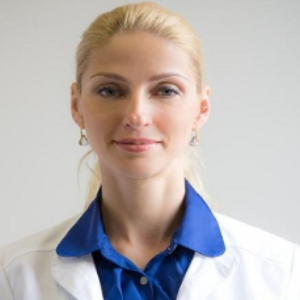Title : Fibrinolytic bleeding
Abstract:
During the last few years, increasing attention has been paid to reports demonstrating the influence of the fibrinolytic system on increased peri -and postoperative bleeding in terms of anti-fibrinolytic prophylaxis and treatment of bleeding. Particularly, increased attention is focused on trauma patients and fibrinolytic system activation through to Protein C activation in early haemorrhagic shock stages. It is well established that hyper-fibrinolysis occurs in 30–50% of patients undergoing surgery (cardiac, liver, orthopaedics, obstetrics) and in 80% of trauma patients. However, inter-individual variations are relatively large due to different inhibitory potential of fibrinolysis determinate by mechanism of injury and genetic predisposition to higher fibrinolytic activity. Moreover, it is often difficult to sort out whether a bleeding results from changes in haemostasis alone, or from concomitantly occurring hyper-fibrinolysis. Therefore, it is essential to refresh the knowledge of fibrinolysis, both with regard to its pathophysiology, ways of activation, diagnostic tools and individual markers that can lead to a goal-directed treatment. Take Away Notes: • To evaluate the benefits and disadvantages of anti-fibrinolytic prophylaxis: is it always indicated? • To recognise fibrinolytic bleeding – clinical picture and diagnostic options: individual fibrinolysis markers (PAI-1, t-PA, t-PA/PAI-1 complex), role of genetical screening with viscoelastic tests • How to treat hyper-fibrinolysis in major bleeding



